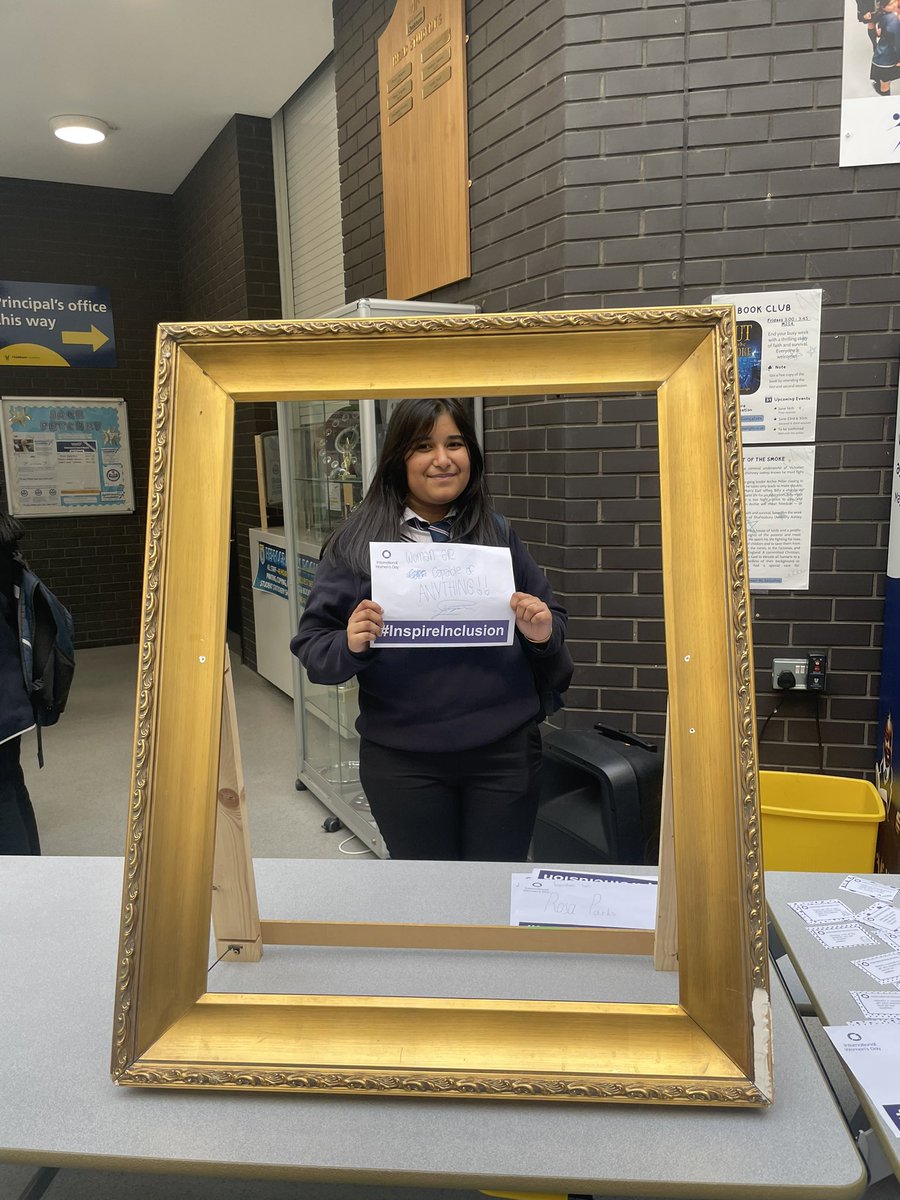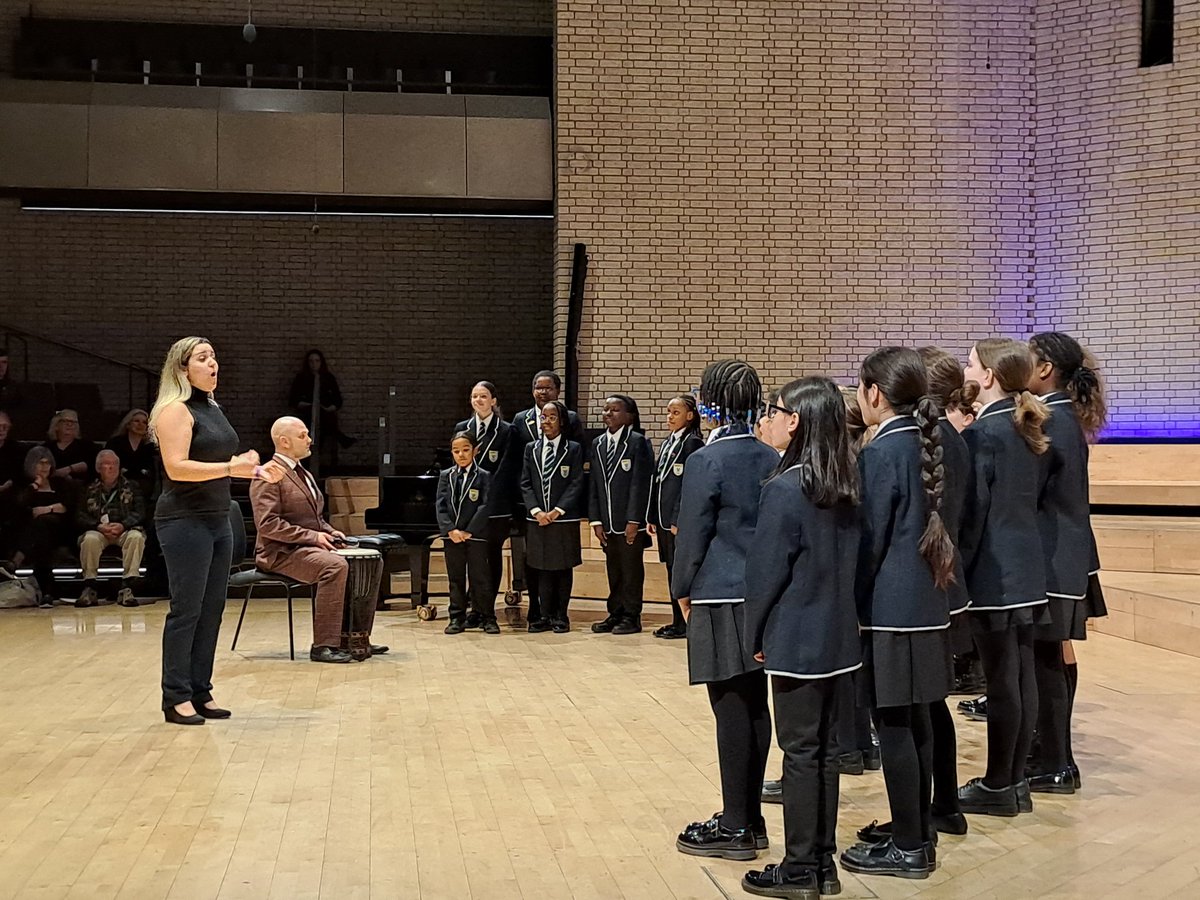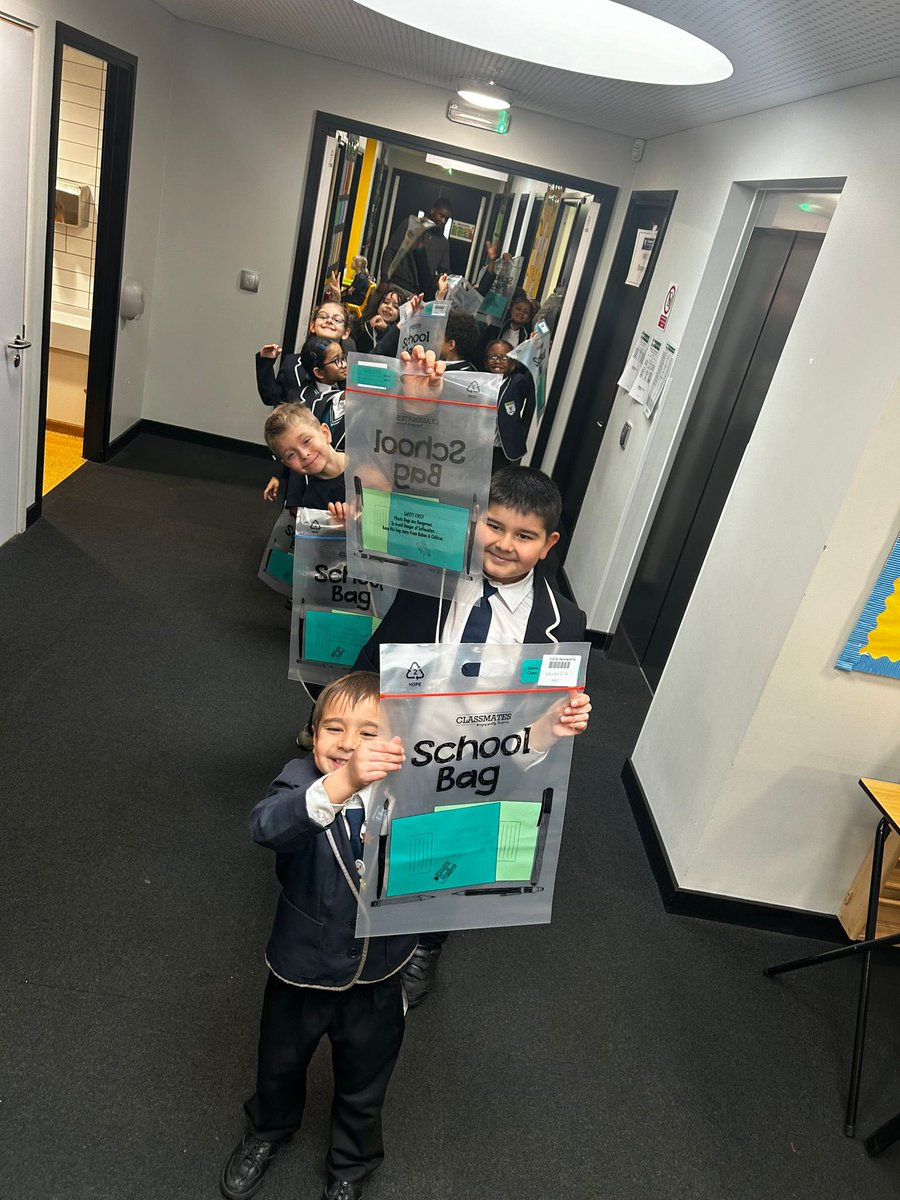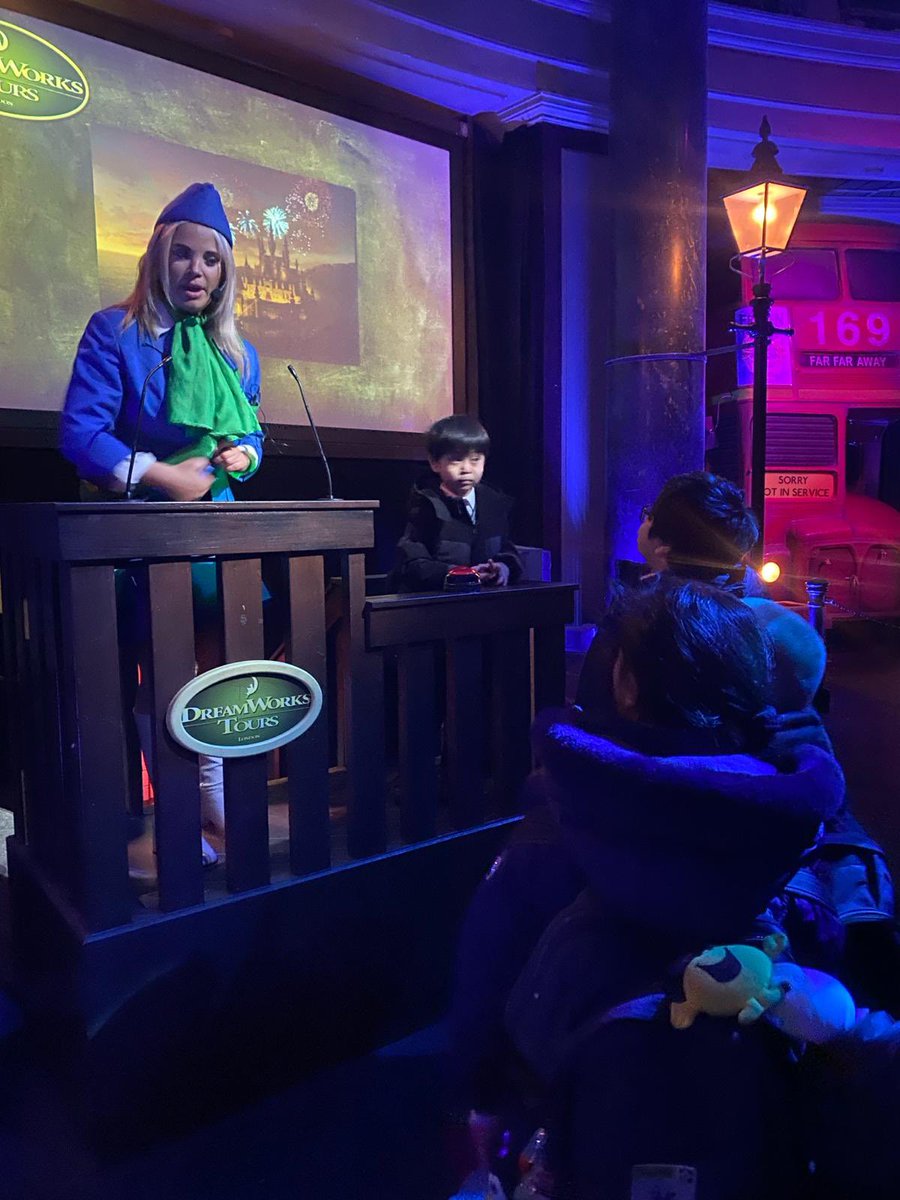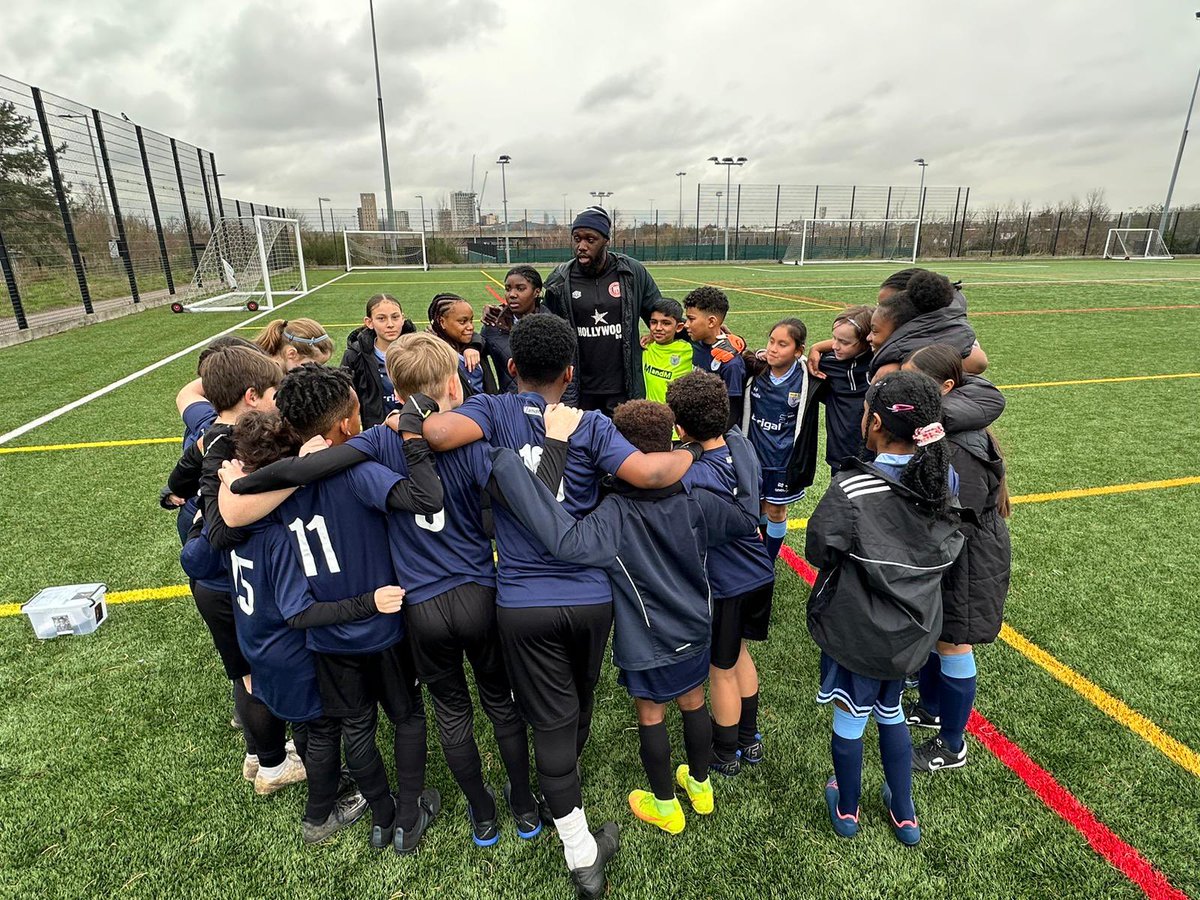English
Intent – why do we teach what we teach?
Engaging every day with a range of high-quality texts is a fundamental part of the curriculum at Harris Primary Academy Chobham. We develop confident, passionate readers who can talk and write convincingly about what they have read. The curriculum is designed to expose the pupils to a broad range of texts as well as develop familiarity with a cannon of authors who have specifically been chosen as excellent children’s novelists. The order in which the texts are studied has been specifically chosen to ensure progression within each year group and across year groups - ether the text or the concept explored may increase in challenge.
We believe that from passionate readers can come skilled and engaging writers, but we also acknowledge Alex Quigley’s perspective that, “Writing is likely the most challenging cognitive act that our pupils undertake in school.” (Quigley, 2021). As a result, we equip pupils with the building blocks required to produce high quality writing outcomes. We are deliberate in our teaching of sentence construction and reduce cognitive load by giving pupils frequent opportunities to experiment with their newly acquired procedural knowledge through the lens of the stories they have been studying in class. The teaching of SPAG, handwriting, sentence construction and vocabulary has been carefully mapped to ensure progression within specific year groups and across year groups. When teaching writing, pupils develop an understanding of the purpose of the writing and how this affects what they will write and how they will compose their work. Using Michael Tidd’s ideas on writing for purpose, we have mapped the progression of each type of writing from Y1 to Y6 to ensure the level of challenge increases appropriately from phase to phase.
We ensure that we cover the full scope of the English National Curriculum, and the curriculum is carefully designed with progression in mind to prepare the pupils for the KS3 curriculum and beyond.
Implementation – how do we teach what we teach?
We prioritise teaching our children how to read – and how to love reading - from their first day at Harris Primary Academy Chobham. We immerse children in a book rich and word rich environment throughout nursery and then systematically teach phonics every day through the Read Write Inc Phonics programme, teaching children their sounds, then how to blend and then building their fluency and comprehension from there. Pupils are carefully organised into streamed groups in phonics for as long as they need them.
In all literacy lessons, we focus on: reading shared texts as a whole class; allowing time to practise partner reading to promote fluency; explicitly pre-teaching highest leverage vocabulary to expand our pupils’ lexicon; as well as, equipping pupils with the skills they need to retrieve evidence and make inferences.
Our text selection is very deliberate. The books selected for reading lessons, English lessons and reading enrichments have:
-
Engagement
-
Books which will excite the children and make them want to read more.
-
Relevance
-
Books which recognise the richness of diversity and inclusion
-
Books which reflect local, national and global perspectives
-
Books which are linked to our foundation curriculum
-
Nurture
-
A personal development fostering a sense of responsibility to self and others
-
Themes of citizenship, community, empathy
-
Books which show ambition and expand horizons
EYFS
In EYFS literacy, children are expected to demonstrate understanding of what has been read to them by retelling stories and narratives using their own words and recently introduced vocabulary. Children are exposed to a range of rich tier-2 vocabulary words and are expected to use and understand these words during discussions about stories, non-fiction, rhymes and poems and during role play. As well as this, there is a big focus on writing recognisible letters; spelling words by identifying sounds in them and writing simple phrases and sentences that can be read by others.
KS1 English
In KS1, in addition to daily phonics lessons, pupils have one hour English lessons three times a week where the focus is on vocabulary acquisition, developing procedural knowledge for writing and developing reading comprehension. Children in KS1 will focus on two writing purposes: writing to entertain, and writing to inform. Genres of writing will often span over one or two weeks depending on the genre and writing outcome. Year 2 receive two additional hours of literacy a week, including a visit to the school library and an afternoon reading comprehension lesson focused on schema building, based on an unseen text.
|
KS1 – Two week overview – sections linked to reading are highlighted |
|||
|
L1 Talk for Writing |
L2 SPaG |
L3 Build a sentence |
Y2 only – Accelerated Reader – library session |
|
L4 Reading comprehension – VIPERS focus |
L5 Extended write |
L6 Edit |
Y2 only – Afternoon reading comprehension – focus on schema building |
KS2 English
In KS2, English lessons follow a two-week cycle where the focus is on providing students the building blocks they will need to successfully write for purpose. New vocabulary and sentence structures are taught at the start of the week and practised over the course of two weeks with the expectation that pupils write independently at the end of the fortnight. In Years 3 and 4, pupils will focus on writing to entertain, inform and persuade. In Years 5 and 6, pupils are to do this, with the additional challenge of writing to discuss.
|
KS2 - Two week overview – sections linked to reading are highlighted |
|||||
|
L1 Vocabulary Introduce model text |
L2 SPaG |
L3 Reading comprehension – linked to text |
L4 Build a sentence/paragraph |
L5 Short write |
Accelerated Reader – library session |
|
L6 Genre analysis |
L7 Reading comprehension – linked to text |
L8 SPaG |
L9 Extended write |
L10 Edit |
Afternoon reading comprehension – focus on schema building |
Home reading
Before pupils are ready to read independently, they choose a book to take home and share with an adult. Once ready, they will start by taking home ditties to read and will move on to take the book they are reading in their phonics group plus a ‘Book Bag Book’ which will match a sound previously learnt and is an opportunity for re-capping and embedding prior knowledge. Once pupils have completed the RWI programme and are fluent readers, Accelerated Reader is followed to select home reading books which match individual reading ability. Pupils read at least one book a week and quiz on this book to check for completion and comprehension. In addition, every class has a selection of recommended reading books on display. These book selections have been carefully curated to cover a range of topics and are written by diverse authors and are age appropriate rather than ability appropriate. Pupils have the opportunity to take these home to read independently or share with an adult. There is no requirement to read these quickly or complete a quiz once finished.
Impact – how do we know what pupils have learnt and how well they have learnt it?
The impact on our children is clear: progress, sustained learning and transferrable skills. With the implementation of the writing journey being well established and taught thoroughly in both key stages, children are becoming more confident writers and by the time they are in Upper Key Stage 2, most genres of writing are familiar to them and the teaching can focus on creativity, writer’s craft, sustained writing and manipulation of grammar and punctuation skills.
Formative assessment takes place through live marking in every lesson. For summative assessment each child completes a piece of totally unaided writing each half term which is assessed for progress. We also submit writing to “No More Marking” once a year for comparative judgement which achieves greater levels of reliability for more open tasks than traditional approaches to marking and compares our work to other schools.
Children will be given continuous opportunities to develop their reading, writing, speaking and listening across all areas of the curriculum. We aim that, by the time our children have left our care, that they have developed a love of reading along with a strong foundation of writing, so that they are equipped to apply these skills to any area of their lives. We aim to provide all children, regardless of their backgrounds, with the necessary tools to excel.


